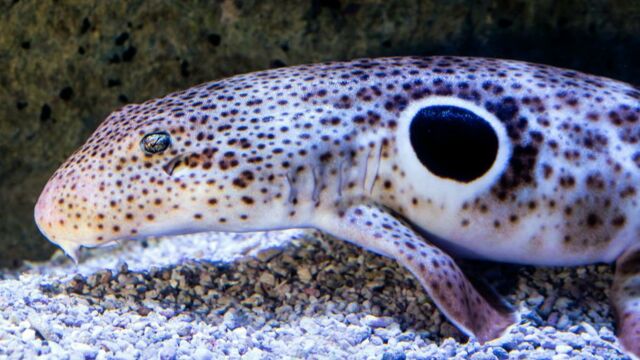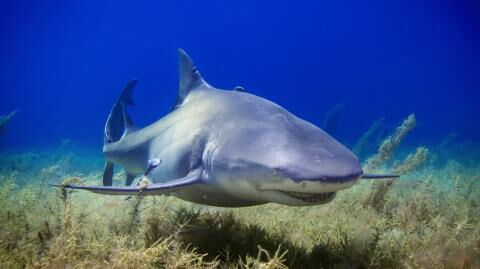Due to climate change, the oceans around the world are warming. As a result, many species are trying their best to adapt to their new environment. One species seems to be going all out in order to survive by learning to ‘walk’ on land.
Discover our latest podcast
The epaulette shark
The epaulette shark is a species of carpet sharkcommonly found on shallow reefs in Australia and New Guinea as reported by The Guardian. This shark can grow up to three feet (91 cm).
Researchers at The Florida Atlantic University (FAU) discovered that the epaulette shark is learning to last longer out of water in order to escape the warming ocean. The shark is going through longer periods of hypoxia, also known as a lack of oxygen, than before.
As per The Guardian, the epaulette shark can now walk for 2 hours without being in water. The shark uses its ‘paddle-shaped fins’ to move on dry land and can cover distances up to 30 metres.
The study published in the Integrative and Comparative biology journal explains:
Such locomotor traits may not only be key to survival but also may be related to their sustained physiological performance under challenging environmental conditions, including those associated with climate change.
Sharks are evolving
According to Marianne Porter, professor of biomechanics at FAU’s department of biological sciences, the epaulette shark is one of the best suited to adapt to its ever-changing environment:
These sharks are great models in starting to look at how these changing conditions may affect vertebrates in general, and other species, and can help us reflect what we might see in future oceans.
Indeed since this species of sharks ‘walks’ along the ocean floors, it gives them ‘exceptional ability to cross land to reach more favourable environments that other species did not possess.’
Since the epaulette shark roams shallow waters, they can get caught out in low tides, meaning they’ll have to make their way to tidepools:
You might not think of beautiful, tropical beaches as harsh but in reality tidepools and coral reef environments are pretty harsh, subjected to warm temperatures when the tide is out and a lot of changes, a lot of things happening when the tide comes in and goes out.
Porter then added:
These little sharks can move from tidepool to tidepool, allowing them to access new pools to forage for food, or tidepools with better-oxygenated water.
Read more:
⋙ Mega sharks are on the rise: 'Biggest ever seen'
⋙ Sharks prefer to roam around populated cities according to study, here's why
⋙ This wild dolphin keeps attacking swimmers and no one knows why















